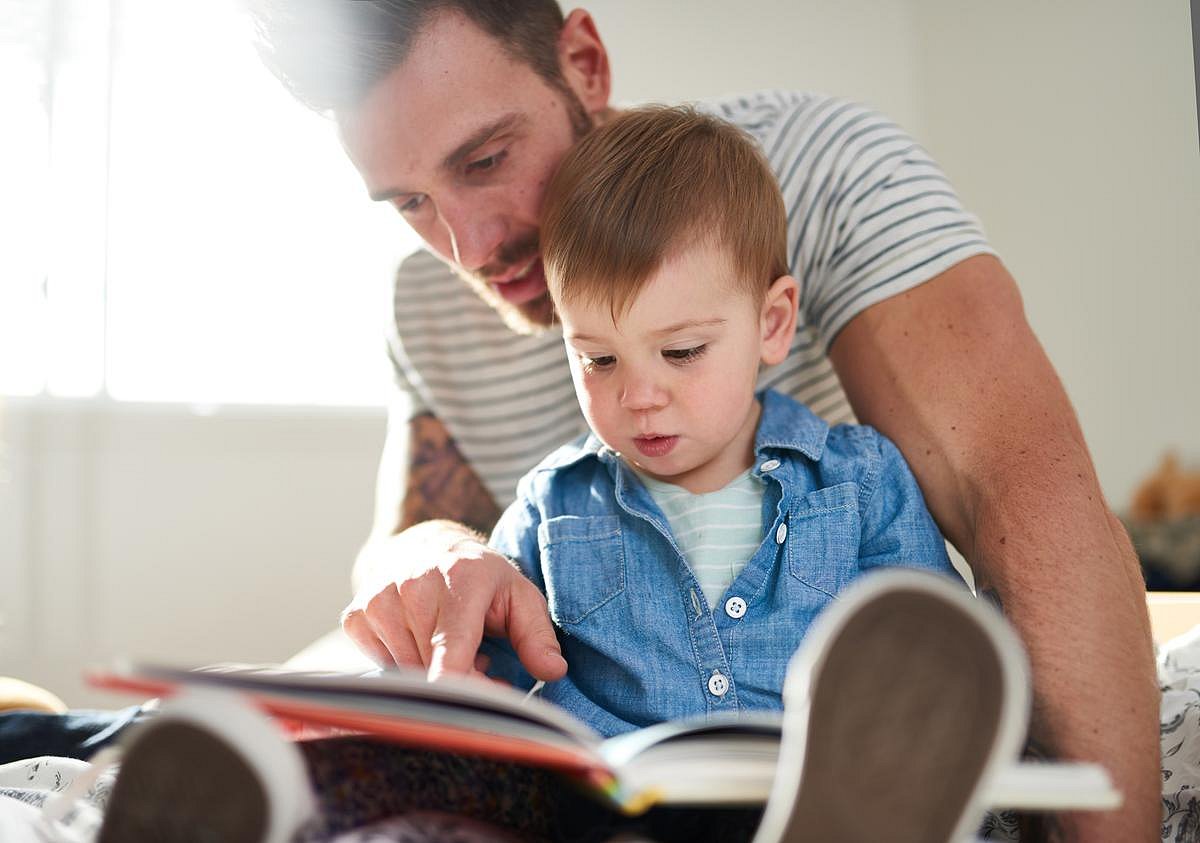We are administering the seasonal flu vaccine. Please call for appointments. Walk-Ins welcome!
Get Healthy!

- Posted December 26, 2024
Fairy Tales Help Teach Healthy Sleep Habits
Bedtime stories are a time-honored means of helping kids calm down and get a good night’s sleep.
But these fairy tales can also serve another less obvious purpose -- teaching children about the benefits of good sleep.
Analysis of four traditional children’s tales show that the fanciful stories contain important lessons about sleep, hidden under a layer of fairy dust, researchers report in a study published recently in the BMJ.
“Some traditional fairy tales and classic children’s fiction that have soothed many a child to sleep may also include information about the benefits of sleep and the characteristics of sleep disorders, providing accessible and engaging ways for parents or carers, healthcare providers and educators to discuss healthy sleep with children,” the research team led by Dr. Megan Thomas, a developmental pediatrician with Dalhousie University in Nova Scotia, Canada, concluded.
For example, the dwarves of Snow White illustrate some of the daytime consequences of poor sleep caused by sleep apnea.
These can include irritability (Grumpy), tiredness (Sleepy), and weaker social skills (Bashful), write the authors. Perhaps not coincidentally, people of short stature have a higher risk of sleep apnea.
Another example comes from the Princess and the Pea, researchers explained.
“Hans Christian Andersen’s princess is described as having a sleepless night after a pea was hidden underneath the 20 mattresses and 20 feather beds she laid upon to ascertain whether she was a real princess."
The princess’ sleeplessness also could point to an autism spectrum disorder that’s keeping her awake, if her senses are so hyperaware that she can feel the pea beneath all those mattresses, researchers said. Sleep difficulties and insomnia are also common in autism.
Goldilocks and the Three Bears illustrates the importance of good sleep hygiene, finding a bed that’s “just right,” researchers noted.
Meanwhile, Peter Pan illustrates many different behaviors that can occur during sleep, such as sleep walking, sleep talking, confusional waking and night terrors, researchers said.
“During their journey from their bedroom to Neverland, the three Darling children remain conscious though their movements become inhibited, resembling sleep paralysis,” the researchers wrote.
These sort of sleep disturbances can be caused by “stress, separation anxiety and sleep deprivation, which aligns with the experiences of Peter Pan and the Lost Boys, who were abandoned by their families and are fleeing the dangers of Captain Hook and his crew,” researchers wrote.
“Additionally, the story underscores the importance of healthy sleep for memory consolidation and optimal mood,” they added.
“Each night, Mrs. Darling tidies up her sleeping children’s memories by storing them in their proper place and leaves the happiest thoughts at the top of her children’s minds for the next day.”
More information
The Sleep Foundation has more on sleep strategies for kids.
SOURCE: BMJ, news release, Dec. 18, 2024








